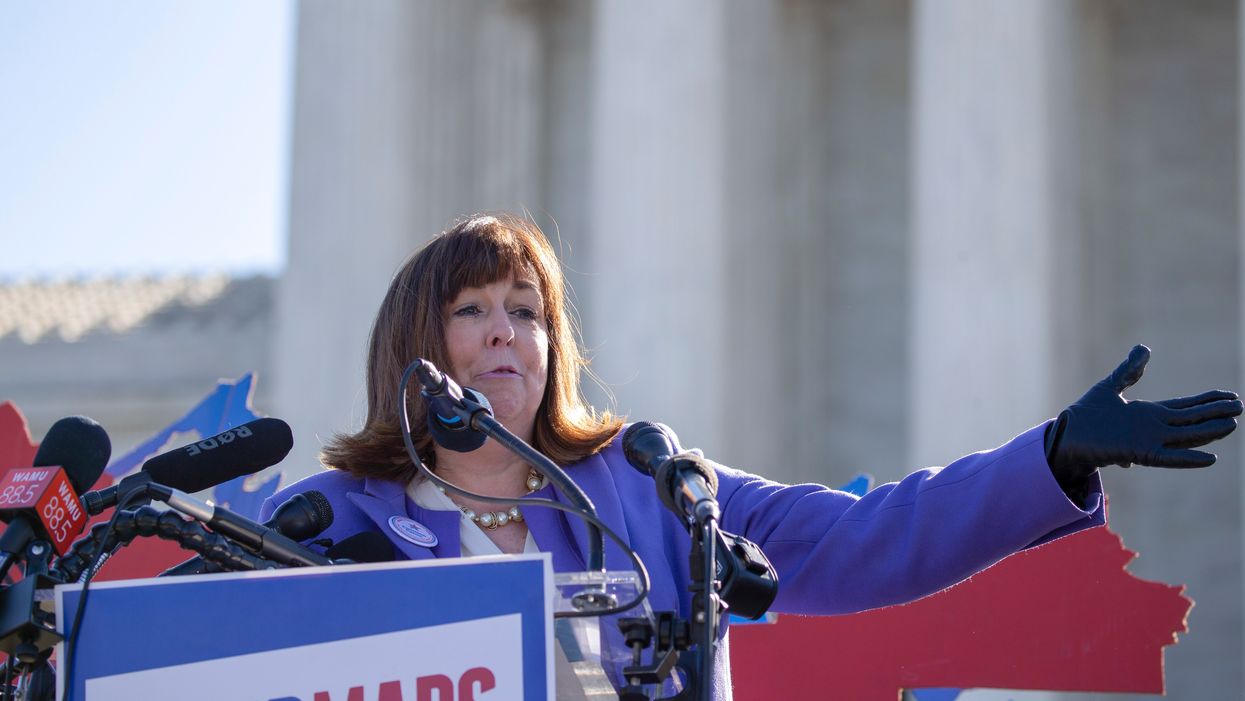A coalition of democracy reform groups is rallying in opposition to a lawsuit seeking to block Michigan from moving forward with a voter-approved independent redistricting commission.
The commission was approved as part of a 2018 ballot measure that transferred the power of drawing congressional and legislative districts from lawmakers to a 13-member body consisting of four Democrats, Republicans and five unaffiliated members.
The measure, which was championed by Voters Not Politicians, was in response to the state's practice of drawing once-a-decade voting lines that favored the party in power, a practice known as partisan gerrymandering.
Two lawsuits filed last year have challenged the legality of the redistricting commission, including one by the Michigan Republican Party, which argues the measure's eligibility restrictions that block politically connected individuals, such as politicians, lobbyists and legislative staffers, from serving on the commission are a violation of their free speech and equal protection rights.
On Tuesday, Issue One, Common Cause, RepresentUs and three other political reform groups filed a briefwith the Sixth Circuit Court of Appeals in support of the commission. The court is reviewing the case on appeal.
"We know that you cannot take the politics out of redistricting, but you can and should take the politicians out," Issue One CEO Nick Penniman, said in a statement. "That is why Issue One believes that independent commissions represent the best tool yet for drawing congressional districts." (Issue One is the incubator of, but editorially independent from, The Fulcrum.)
Leadership Now Project, Equal Citizens Foundation and the Center for the Study of the Presidency and Congress also joined the brief.
Oral arguments in the case are scheduled for March 17.
Brennan Center for Justice and the League of Women Voters of Michigan have also filed briefs in opposition to the lawsuit.




















Marco Rubio is the only adult left in the room